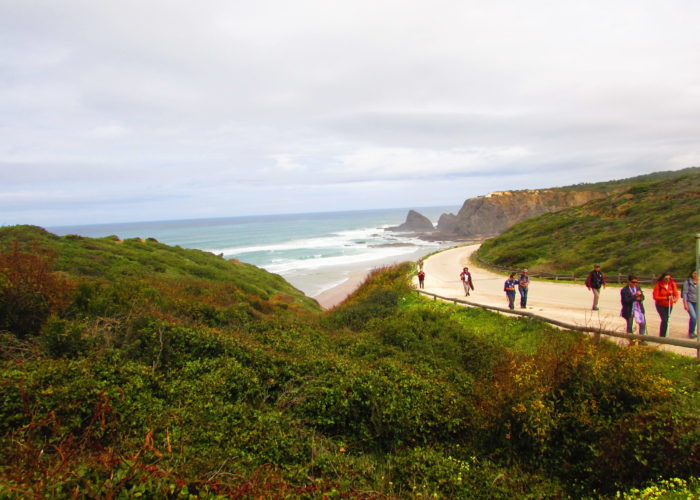Exploring the Enchanting Weather of Algarve: A Guide to Climate and Seasons
Nestled along the southern coast of Portugal, the Algarve region boasts a captivating climate that enchants visitors throughout the year. With its stunning coastline, picturesque beaches, and charming villages, Algarve’s weather adds another layer of allure to its already enticing appeal. Understanding the nuances of Algarve’s weather patterns can greatly enhance your travel experience, whether you’re seeking sun-drenched days on the beach or exploring its rich cultural heritage.
1. Mediterranean Climate:
Algarve is blessed with a Mediterranean climate, characterized by long, hot summers and mild, rainy winters. This climate type ensures pleasant temperatures for most of the year, making it an ideal destination for travelers seeking warmth and sunshine.
2. Summer Splendor:
Summer in Algarve extends from June to September, offering abundant sunshine and balmy temperatures. July and August are typically the hottest months, with temperatures often soaring into the high 20s to low 30s Celsius (80s to 90s Fahrenheit). The coastal breezes provide some relief from the heat, making beach days delightful and refreshing.
3. Beach Weather Bliss:
Algarve’s coastline is renowned for its pristine beaches, and the weather plays a crucial role in shaping the beach experience. During the summer months, the sea temperature is comfortably warm, inviting visitors to take a dip in the crystal-clear waters. The region receives minimal rainfall during this time, ensuring plenty of sunny days for beach lovers to soak up the sun and enjoy water sports.
4. Pleasant Autumn:
As summer transitions into autumn, Algarve experiences mild temperatures and fewer crowds. September and October still offer pleasant weather, with temperatures gradually cooling down to the low 20s Celsius (70s Fahrenheit). This season is perfect for outdoor activities such as hiking, cycling, and exploring the region’s cultural treasures without the sweltering heat of summer.
5. Winter Retreat:
While winters in Algarve are milder compared to northern Europe, they can still bring occasional rain and cooler temperatures. From November to March, daytime temperatures typically range from 10 to 15 degrees Celsius (50s Fahrenheit), with occasional dips into single digits. Despite the cooler weather, Algarve remains an attractive destination for winter travelers seeking a peaceful retreat, with fewer tourists and the opportunity to explore historic towns and enjoy traditional cuisine.
6. Spring Awakening:
Spring heralds the awakening of nature in Algarve, with blooming flowers, lush green landscapes, and longer daylight hours. From March to May, temperatures gradually rise, and the region experiences pleasant weather ideal for outdoor adventures. Spring is a fantastic time to explore Algarve’s scenic hiking trails, visit its charming villages, and witness local festivals celebrating the season’s bounty.
7. Weather Tips:
- Sun Protection: Regardless of the season, it’s essential to protect yourself from the sun’s strong rays by wearing sunscreen, sunglasses, and a hat, especially during the peak summer months.
- Stay Hydrated: With warm temperatures prevailing throughout much of the year, staying hydrated is key. Carry a water bottle with you, especially if you’re planning outdoor activities.
- Pack Layers: While Algarve enjoys mostly mild weather, temperatures can vary, particularly in the evenings and during the winter months. Packing layers allows you to adjust to changing conditions comfortably.
In conclusion, Algarve’s weather offers a delightful blend of sunshine, warmth, and mild temperatures throughout the year, making it a captivating destination for travelers seeking an unforgettable experience. Whether you’re lounging on its golden beaches, exploring its historic landmarks, or savoring its delectable cuisine, Algarve’s climate adds an extra dimension of enjoyment to your journey. So, pack your bags, embrace the sun-kissed days, and embark on a memorable adventure in this enchanting corner of Portugal.

